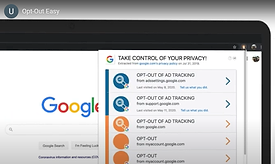Cybersecurity News
The report details the results of field demonstrations of mature PNT technologies that could offer complementary service in the event of GPS disruptions
Read More
Sign-up to receive top management & result-driven techniques in the industry.
Join over 20,000+ industry leaders who receive our premium content.
SIGN UP TODAY!Copyright ©2025. All Rights Reserved BNP Media.
Design, CMS, Hosting & Web Development :: ePublishing











